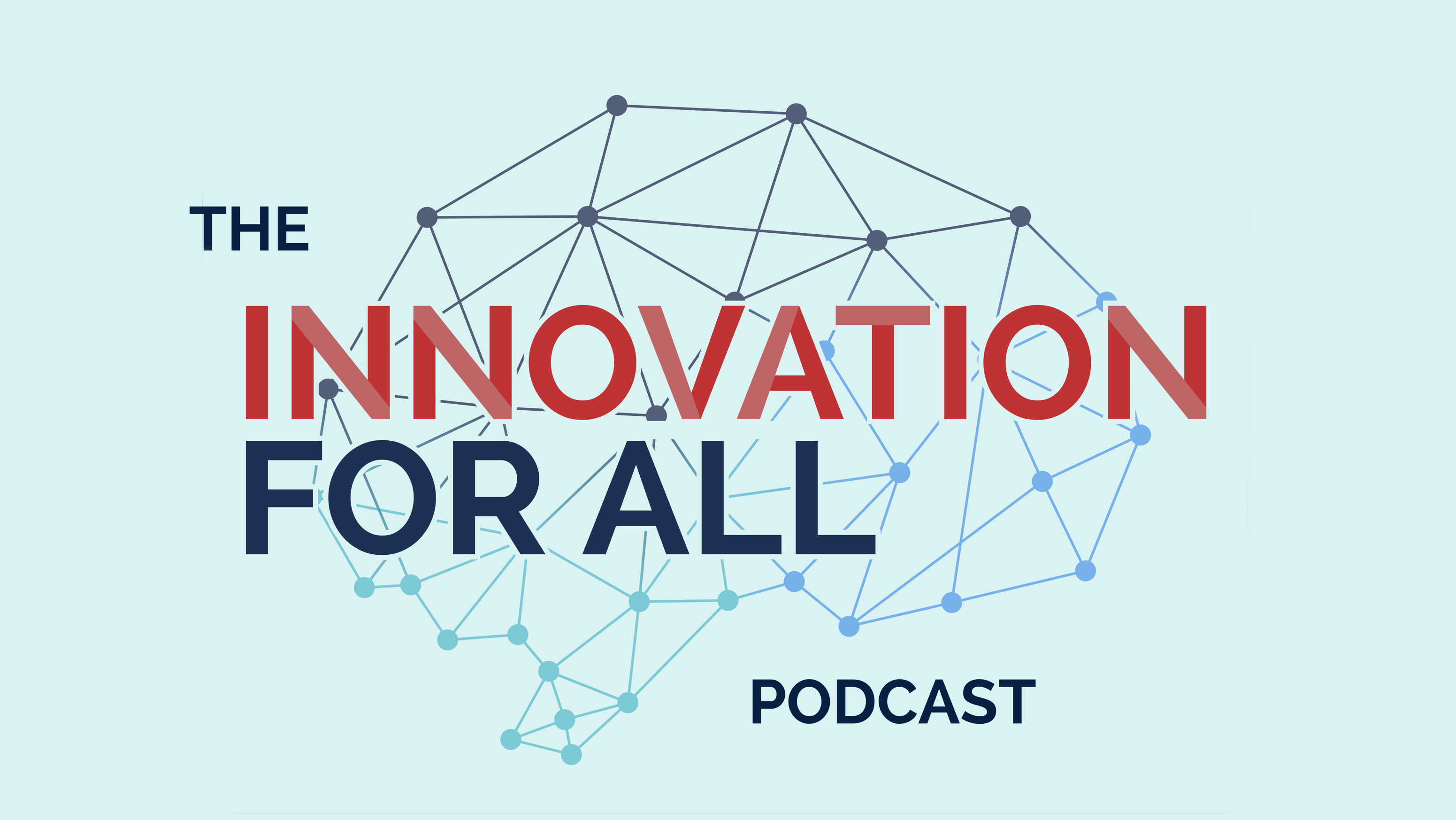
Overview:
In this episode, we interview Julia Ticona, a sociologist that researches technologies of work, emotions and inequalities. She’s currently an assistant professor at the University of Pennsylvania’s Annenberg School for Communications and her forthcoming book examines how workers use personal devises to navigate the economic uncertainty created in the gig economy.
In this episode you will learn:
- What is the gig economy and what are examples of digital platforms that are participating in the gig economy
- How digital technologies are shaping the experience of low-wage workers
- How the gendered aspect of service jobs were not initially being covered by the media
- The history and landscape of Care.Com and other care platforms
- The difference between on-demand services and marketplace platforms
- How profile visibility can be disadvantageous or advantageous depending on the individual’s privilege
- What are examples of safety issues associated with including visible information on your profile
- What issues affect women, older workers, immigrants, and people of color on these platforms
- How the structures for review on digital apps are problematic
- Why scams are endemic to these care platforms
- Challenges to using digital worker platform if you’re an undocumented immigrant
- How the safety of your home neighborhood may affect your ability to use a platform
- Recent victories in on-demand labor rights across the nation
Links and mentions:
- Anne-Marie Slaughter’s piece titled, “Why Women Still Can’t Have It All”
- Nanny and babysitter platforms:
- Care.com
- Urbansitter
- Uberland by Alex Rosenblat
- Handy, a home cleaning and home repair app
- AB5 California Decision
- Philadelphia Domestic Worker Bill of Rights
Connect with Julia:
